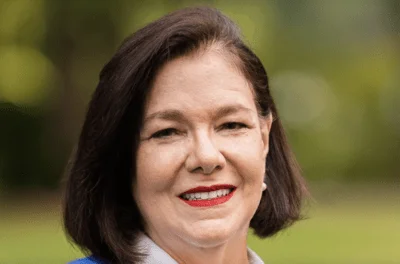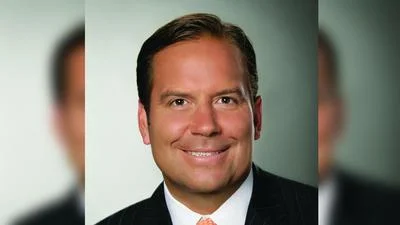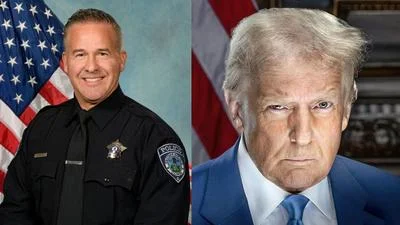State Sen. Chris Nybo (R-Elmhurst) is expected to vote in favor of a new budget deal for the state, which has been dubbed the “grand bargain.”
The budget deal comes after 19 months of impasse in the state legislature with devastating effects to state business.
The measure was announced by Senate President John Cullerton (D-Chicago) and Senate Minority Leader Christine Radogno (R-Lemont) as a compromise and has been received with mixed feelings by the legislative body.
The plan calls for income tax increases that amount to an increase of nearly 33 percent, according to an analysis from the Illinois Policy Institute. That includes a raise of personal income tax to a 4.95 percent level and corporate taxes to 7 percent. In way of relieving tax burdens in the state where residents already some of the most taxed in the nation, the proposed budget plan institutes a two-year freeze on property tax raises, which some have said aren’t enough.
“We need a permanent freeze on property tax levies, not a two-year freeze," state Rep. David McSweeney (R-Barrington) said previously. "The income tax increase would be a disaster. The overall plan is based on a massive tax increase."
Additionally, Illinoisans with a sweet tooth can expect to pay more for their sugary drinks with a proposed penny per ounce sugary beverages tax. That’s expected to bring in $200 million to 300 million for the state, the Illinois Policy Institute reports.
Other measures in the “bargain” include raising the minimum wage to $11 per hour and payments of $430 million to the Chicago Teacher’s Pension fund over the next two years. Finally, the state plans to borrow $7 billion to pay some of its $10.8 billion in unpaid bills.






 Alerts Sign-up
Alerts Sign-up